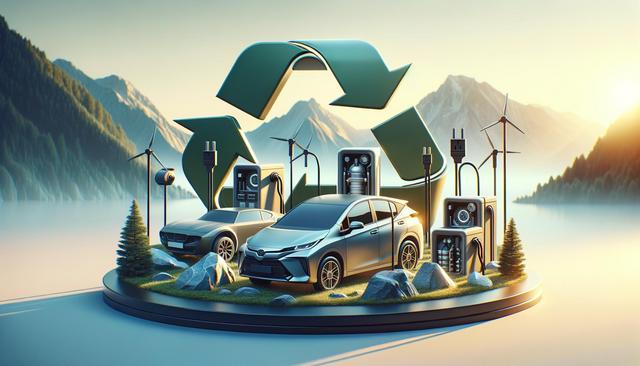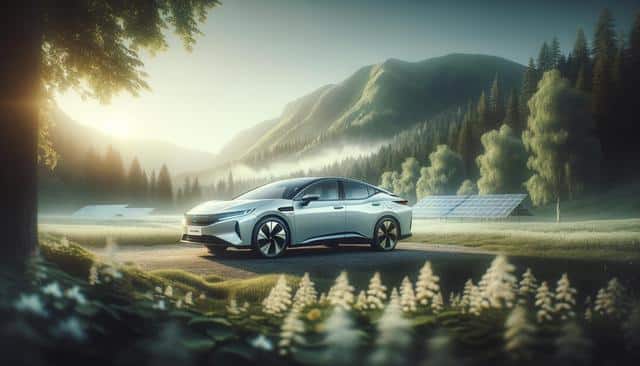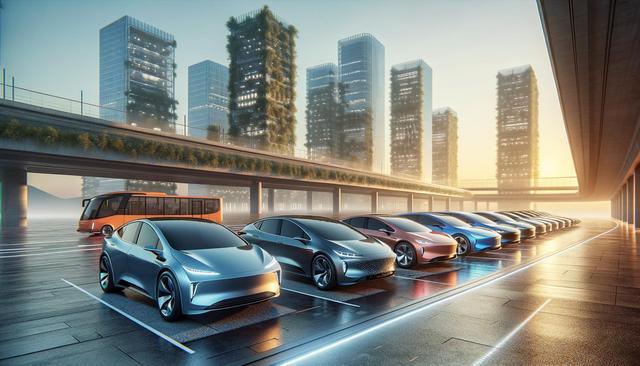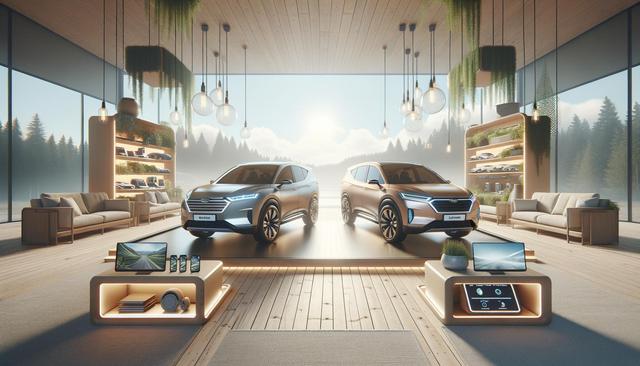Understanding What Makes a Hybrid Car Unique
Hybrid cars are vehicles that combine a traditional internal combustion engine with an electric motor. This dual system allows the vehicle to switch seamlessly between power sources or use both simultaneously, depending on driving conditions. Unlike fully electric vehicles, hybrids do not rely solely on battery power, which can be an advantage for drivers who travel long distances or in areas with limited charging infrastructure. The combination of gas and electricity enables hybrids to deliver improved fuel economy and lower emissions, aligning with growing environmental concerns.
One of the distinguishing features of hybrid cars is regenerative braking. This technology captures energy typically lost during braking and stores it in the battery for later use. This not only increases energy efficiency but also extends the lifespan of the braking system. Many hybrids also include advanced features such as energy monitoring systems, allowing drivers to track their fuel consumption and adjust driving habits accordingly. The link between performance and sustainability is one of the key factors behind the increasing popularity of hybrid vehicles. For more insights, visit https://go.jexli.com/postback?clickId={click_id}&payout={epayout}&p2={campaign}.
Fuel Efficiency and Environmental Impact
One of the primary advantages of hybrid cars is their fuel efficiency. By utilizing both electric and gasoline power, hybrids typically consume significantly less fuel than traditional vehicles. This results in:
- Lower fuel costs over time
- Reduced dependence on fossil fuels
- Fewer greenhouse gas emissions
For environmentally conscious consumers, the reduction in tailpipe emissions is a major benefit. Hybrid technology plays a role in addressing air pollution in urban areas, contributing to improved public health. Additionally, some hybrid models qualify for lower tax rates or government incentives, further enhancing their appeal. With fuel prices fluctuating globally, hybrids offer a more stable long-term solution for managing transportation costs. Learn more about how hybrid technology can fit into a sustainable lifestyle at https://go.jexli.com/postback?clickId={click_id}&payout={epayout}&p2={campaign}.
Ownership Costs and Maintenance
While hybrid cars may have a higher upfront cost compared to conventional vehicles, they often offer savings over the long term. These savings come from several areas:
- Lower fuel consumption
- Reduced wear and tear on the engine and brakes
- Potential tax benefits or rebates
Maintenance for hybrid cars is generally straightforward. Most hybrids require less frequent servicing due to their efficient powertrain systems. However, it’s important to consider the cost of replacing the battery over time, which can be significant. That said, many manufacturers offer warranties on hybrid components, which can ease concerns regarding repair costs. For individuals looking to balance initial investment with long-term value, hybrid cars represent a compelling option. Additional information is available at https://go.jexli.com/postback?clickId={click_id}&payout={epayout}&p2={campaign}.
Driving Experience and Performance
Hybrid cars are designed to offer a smooth and responsive driving experience. The electric motor provides instant torque, which enhances acceleration, particularly in city driving. Many drivers appreciate the quiet operation of hybrids, especially when running on electric power alone. Some key driving features found in hybrid models include:
- Automatic start-stop functionality
- Drive mode selection (eco, sport, etc.)
- Energy feedback displays
These features allow for a more interactive and efficient driving experience. Additionally, hybrid vehicles often come with modern safety technologies and infotainment systems, making them competitive with other cars in their class. For those who prioritize both comfort and sustainability, hybrid cars offer a balanced solution. To explore more details about performance features, check out https://go.jexli.com/postback?clickId={click_id}&payout={epayout}&p2={campaign}.
Who Should Consider a Hybrid Car?
Hybrid cars are suitable for a wide range of drivers. Urban commuters, for instance, benefit from regenerative braking and low-speed electric driving. Families looking for reliable and cost-effective transportation also find hybrids to be a smart choice. Additionally, environmentally conscious individuals who want to reduce their carbon footprint without transitioning fully to electric vehicles may find hybrids an ideal middle ground. Consider a hybrid if you:
- Drive frequently in stop-and-go traffic
- Want to reduce fuel expenses
- Are environmentally aware but not ready for a fully electric car
Hybrid technology continues to evolve, offering more choices across various vehicle types, from compact cars to SUVs. Whether your priorities are economic, environmental, or practical, hybrid cars can cater to a diverse range of needs. To determine if a hybrid is right for you, explore more information at https://go.jexli.com/postback?clickId={click_id}&payout={epayout}&p2={campaign}.
Conclusion: A Balanced Approach to Modern Driving
Hybrid cars offer a practical and efficient solution for today’s drivers, blending traditional and electric technologies to meet diverse transportation needs. Their benefits in fuel economy, environmental impact, and overall cost of ownership make them an appealing option for individuals and families alike. Whether you’re seeking to reduce emissions, save on fuel, or enjoy a smoother driving experience, hybrid vehicles provide a well-rounded approach to modern mobility. For those interested in exploring this smart choice, additional insights can be found at https://go.jexli.com/postback?clickId={click_id}&payout={epayout}&p2={campaign}.




Leave a Reply